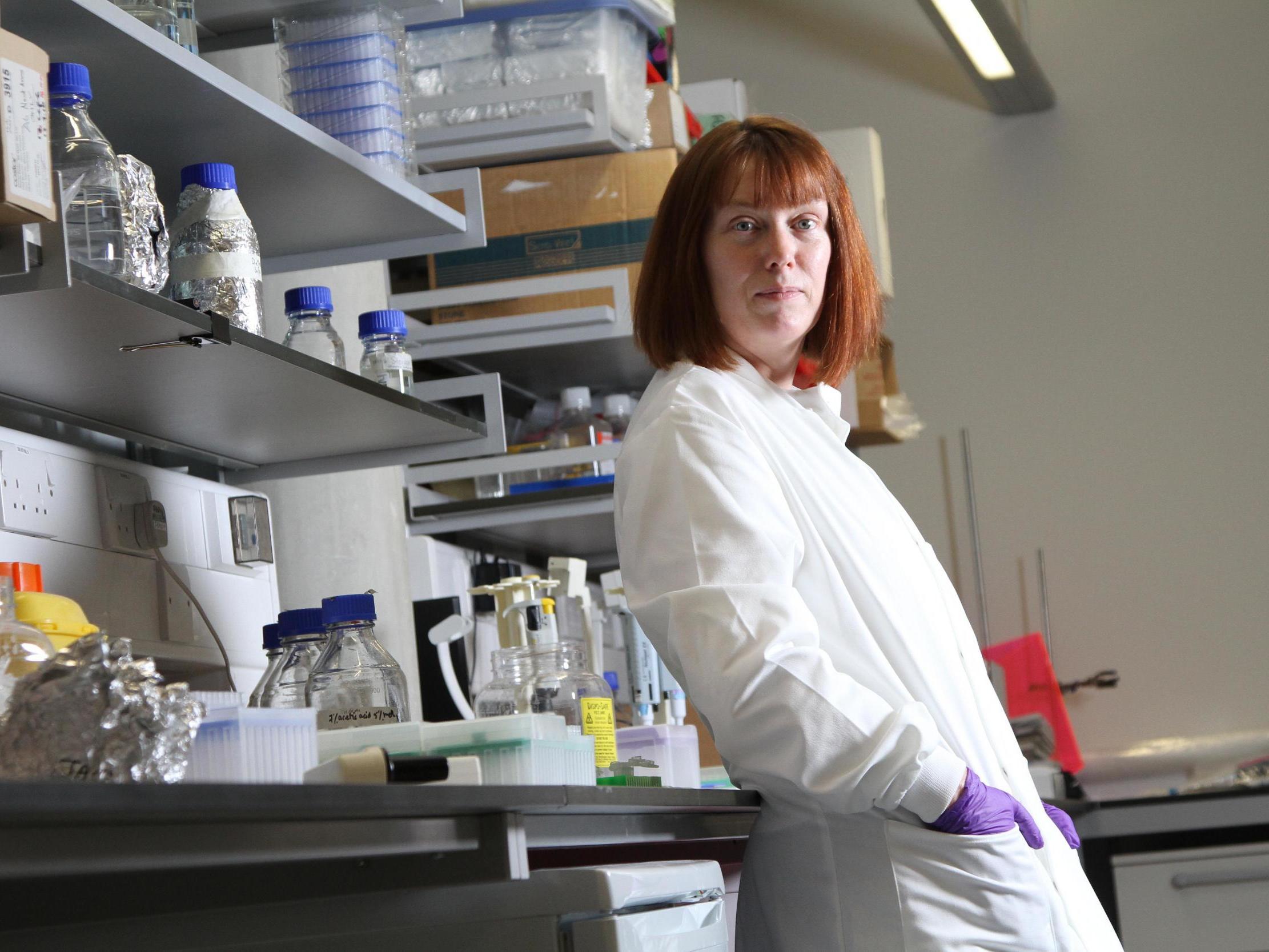Oxford vaccine chief struggling to raise funding for non-Covid jabs
Professor Dame Sarah Gilbert says lessons have not been properly learnt from past 18 months as she calls for more investment into vaccines targeting Nipah virus, Lassa fever and Mers

Your support helps us to tell the story
From reproductive rights to climate change to Big Tech, The Independent is on the ground when the story is developing. Whether it's investigating the financials of Elon Musk's pro-Trump PAC or producing our latest documentary, 'The A Word', which shines a light on the American women fighting for reproductive rights, we know how important it is to parse out the facts from the messaging.
At such a critical moment in US history, we need reporters on the ground. Your donation allows us to keep sending journalists to speak to both sides of the story.
The Independent is trusted by Americans across the entire political spectrum. And unlike many other quality news outlets, we choose not to lock Americans out of our reporting and analysis with paywalls. We believe quality journalism should be available to everyone, paid for by those who can afford it.
Your support makes all the difference.Professor Dame Sarah Gilbert, the scientist behind the Oxford Covid vaccine, has revealed that her team is struggling to raise funding for their work developing jabs against other infectious diseases, calling it a failure of government and investors to learn vital lessons from the pandemic.
Despite leading the development of the Oxford/AstraZeneca vaccine, which has been rolled out across the world and prevented hundreds of thousands of deaths from Covid-19, Professor Gilbert has been unable to attract the investment needed to “move forward” with her other projects.
Prior to the pandemic, she had been working on vaccines targeting Nipah virus, Lassa fever and Mers - all three of which have “caused outbreaks in the past, and will cause outbreaks in the future”, said Prof Gilbert.
“We are being financially supported for our ongoing work on Covid,” she said. “But when we try to return to projects that we were working on earlier and move them forward, we thought we’d be able to go faster but actually we’re still waiting to raise the funds to get those projects moving again.”
The technology behind the Oxford jab was originally used for the team’s Mers vaccine, which entered a small-scale clinical trial in Saudi Arabia at the end of 2019. Mers, a member of the coronavirus family, is far more deadly than Covid-19 but less infectious. It has killed an estimated 851 people since first being detected in 2012.
Nipah virus has a case fatality rate estimated to range between 40 to 75 per cent, and recently made headlines in India after infecting and killing a 12-year-old boy in the south of the country. Classified as a “virus of concern” by the World Health Organisation, it typically spills over into humans from bats, but is known to spread from one person to another.
Lassa fever is far more mild in comparison. Some 80 per cent of cases are asymptomatic, but it can cause severe illness and is fatal in 1 to 3 per cent of patients. Humans usually become infected with the virus through exposure to food or household items contaminated with urine or faeces of infected rats.
Prof Gilbert said future outbreaks of these types of viruses could be contained far more quickly with the help of vaccines, ensuring “they don’t spread to multiple countries and they don’t become a pandemic”.
“We need to be able to respond to outbreaks as soon as identified, vaccinate the local population, contain the outbreak and stop it going further,” she told a virtual conference held by the Royal Society of Medicine.
“With all these outbreaks, they will spread if we can’t respond to them. That’s why we need to have these vaccines for these other viruses that we already know about.”
Prof Gilbert said the failure to invest in the development of non-Covid jabs shows that governments and funders have not learned the lessons of the past 18 months in better preparing for future pandemics.
“We should really be working now to do everything we can to prepare for a potential future pandemic, while we have all the knowledge,” she added.
“If we wait five or 10 years, people like me … who have worked on this pretty much exclusively for 18 months or more, we lose that information and we’ll have forgotten what the most important things are to change. So I think it’s really important we do it now.
“By spending a small amount of investment now, potentially it means that we don’t have to have the massive costs of pandemics at a later stage.”
The Oxford scientist highlighted how it can cost under £100m to develop a vaccine, run it through a phase two clinical trial and make a stockpile for emergency use, compared to “the billions and billions that have been spent on trying to respond to the pandemic”. She added: “Being prepared is going to save us money.”
Join our commenting forum
Join thought-provoking conversations, follow other Independent readers and see their replies
Comments